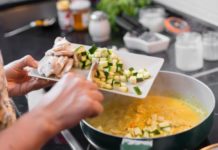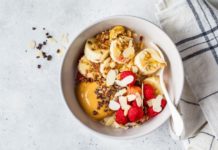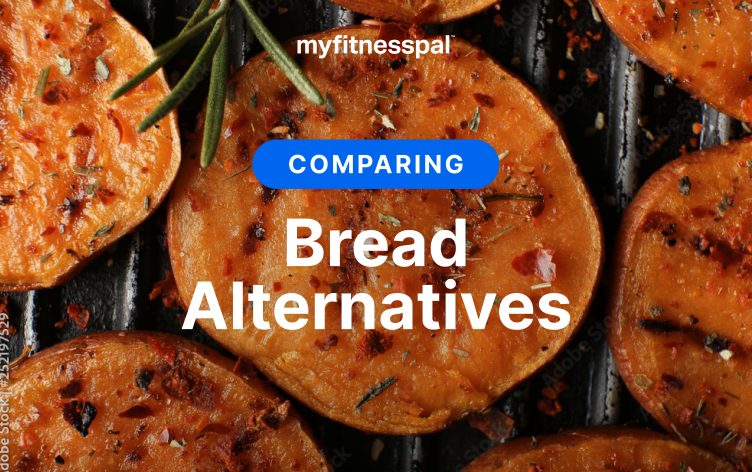
All About Alternatives: Bread
If you’ve read some of my previous pieces, you know I am a fan of bread. It’s still the recipient of an undeserved, tarnished reputation (thanks to diet culture!), but in reality, bread contains essential nutrients that help keep the body energized and healthy. It really is that simple. I don’t typically encourage my clients to replace bread with alternative options unless it’s medically necessary because I practice an “all foods fit” mentality. That said, there are some foods that may be used instead of bread if you’re looking to mix up your diet, which can absolutely have health benefits. Here are some ideas, and my honest thoughts on them.
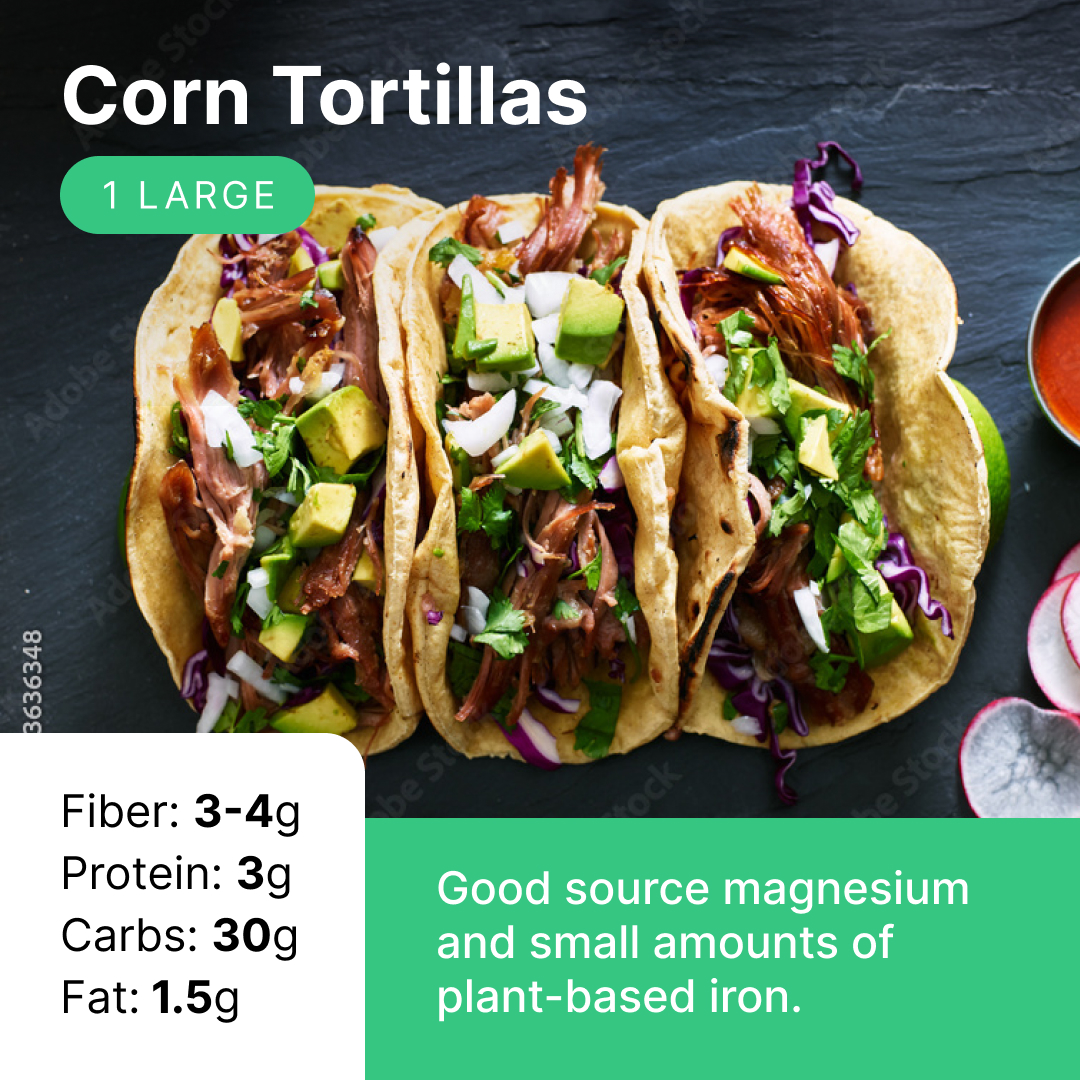
Corn tortillas are flavorful, versatile and can make a great bread substitute for egg, cheese or veggie wraps, mashed avocado, even tuna or turkey. They are gluten-free (unless otherwise noted on the ingredients list or label) and a nice option for those with Celiac disease or gluten sensitivities. Depending on the brand or how they’re made, corn tortillas can be a good source of fiber, with 3–4 grams per large tortilla, and contain about 3 grams of protein. They also provide magnesium and small amounts of plant-based iron.
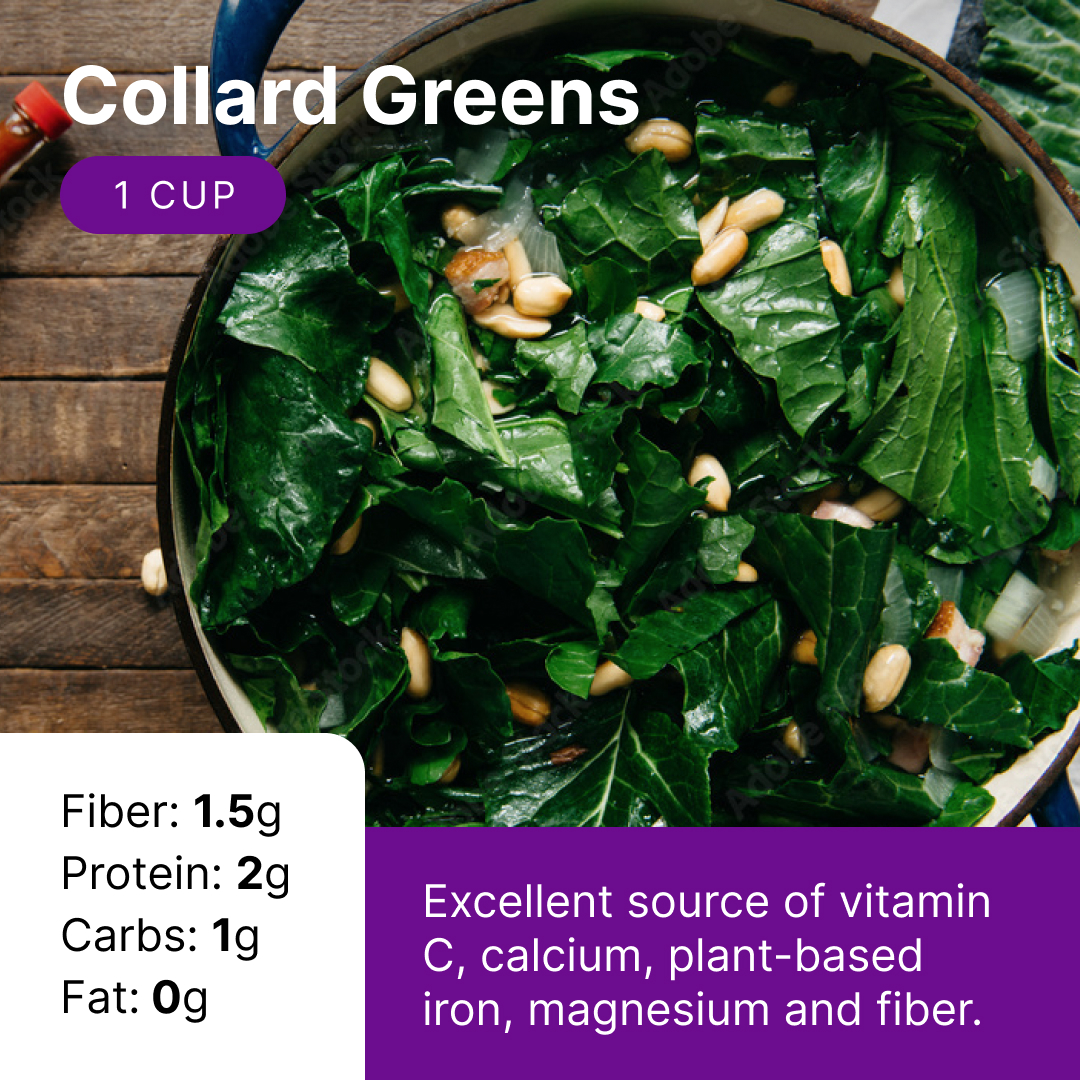
Let me be totally clear here: Collard greens are not bread, and I’m not a big fan of using them instead of bread as a way to cut or restrict carbs (because carbs are great!). To say they are lacking in nutrients would be misleading, however, because collard greens are packed with them. Collard greens are an excellent source of vitamin C, calcium, plant-based iron and magnesium. They are also a good source of blood sugar-stabilizing fiber. The fact they lack carbohydrates means using collards instead of a carb like bread may leave you feeling unsatisfied after a meal or craving those necessary carbs later in the day.
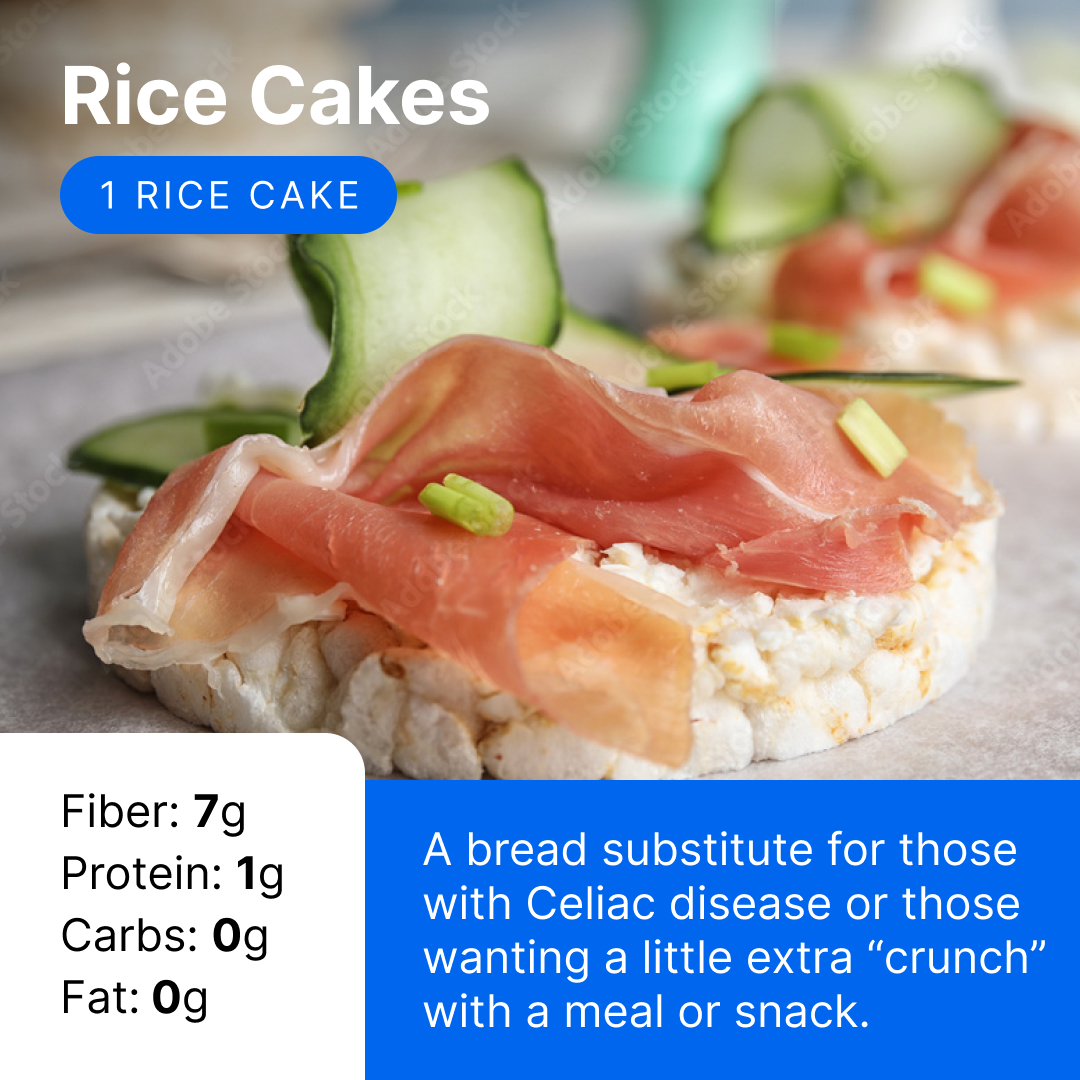
It’s hard to hear the name “rice cake” and not automatically think of a tasteless “diet food.” I’m including them here because they can be a substitute for bread for those with Celiac disease or anyone wanting a little extra “crunch” with a meal or snack. Unlike most of the other options here, rice cakes are fairly devoid of most nutrients and aren’t a good source of vitamins, minerals, protein or fiber. They can, however, be a nice vehicle for foods that do have nutrients, like tuna salad, avocado and tomato, hummus and cucumber, or nut butter and banana slices.
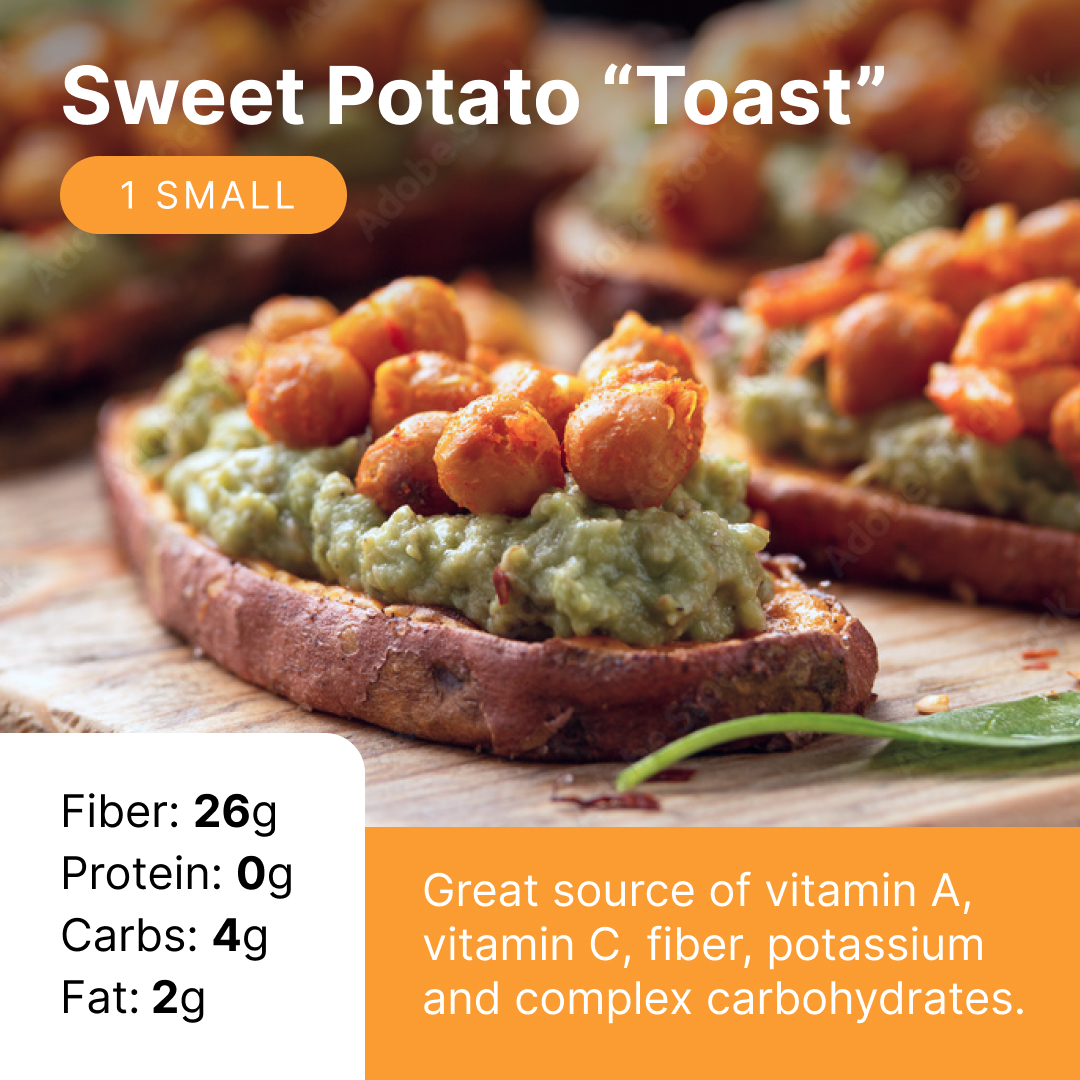
Sweet potato “toast” has become a popular dish in itself, with recipes containing a variety of delicious and inventive toast toppings flooding the internet and social media in recent years. These toasts require a bit more work than throwing a few slices of bread into the toaster (i.e., they need some time in the oven), but can be a great alternative to regular toast for those with gluten sensitivities or those wanting something a bit more hearty. Because they are a bit sturdier than bread, sweet potatoes can hold more delicious toppings. I like yogurt or ricotta with fruit and honey, or a protein-packed chicken salad. Nutrition-wise, sweet potatoes are a great source of vitamin A, vitamin C, fiber, potassium and complex carbohydrates.
THE BOTTOM LINE
There are tons of alternatives to bread these days, but a lot of them stem from diet culture, its constant vilification of carbohydrates, and messaging that these other options are “better.” I am here to tell you that if you’re choosing an alternative because you’re afraid to eat bread or are following a restrictive diet, it’s probably not a “better” choice for you or your relationship with food.
My goal when working with clients is getting them to a place where they can enjoy bread and any alternative option they choose if and when they want it. Variety is the spice of life, including when it comes to bread and bread alternatives. Enjoying the alternatives you like, while fully recognizing bread as a nourishing, nutrient-dense option, is the best way to fuel your body with a variety of nutrients without unnecessary stress. In other words, it’s absolutely possible to enjoy your burger wrapped in collard greens one day, and a turkey on sourdough sandwich the next.



























